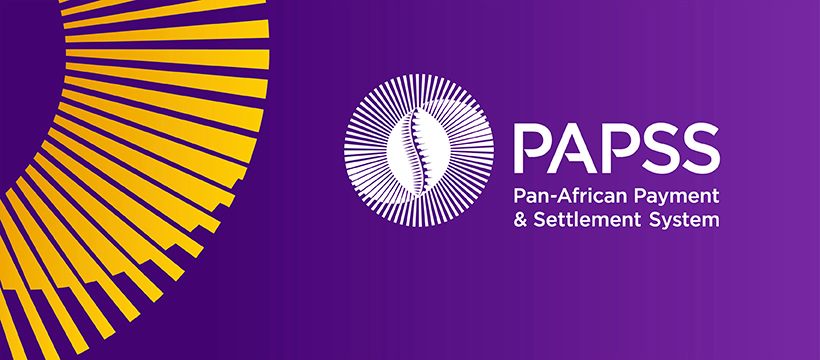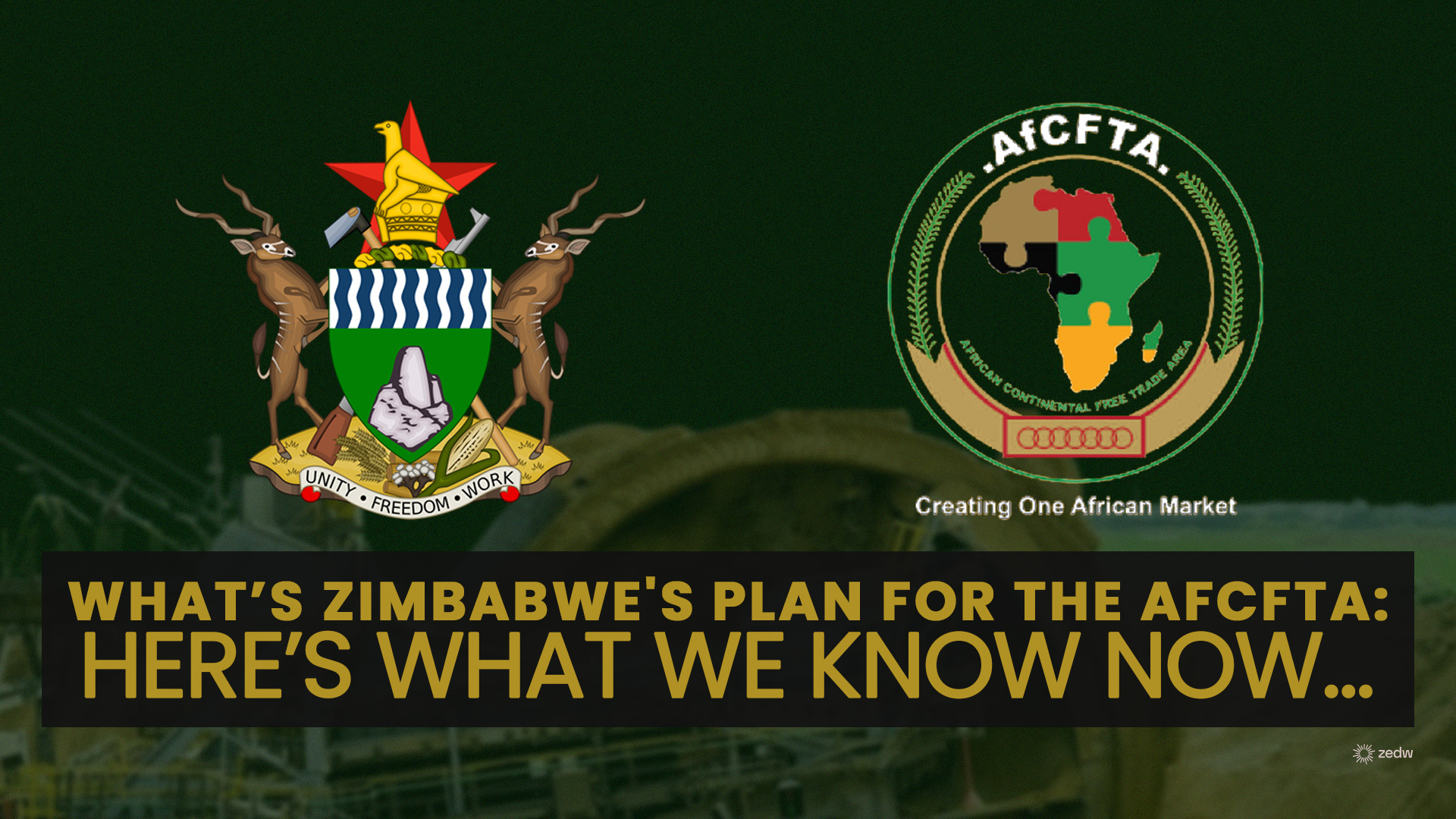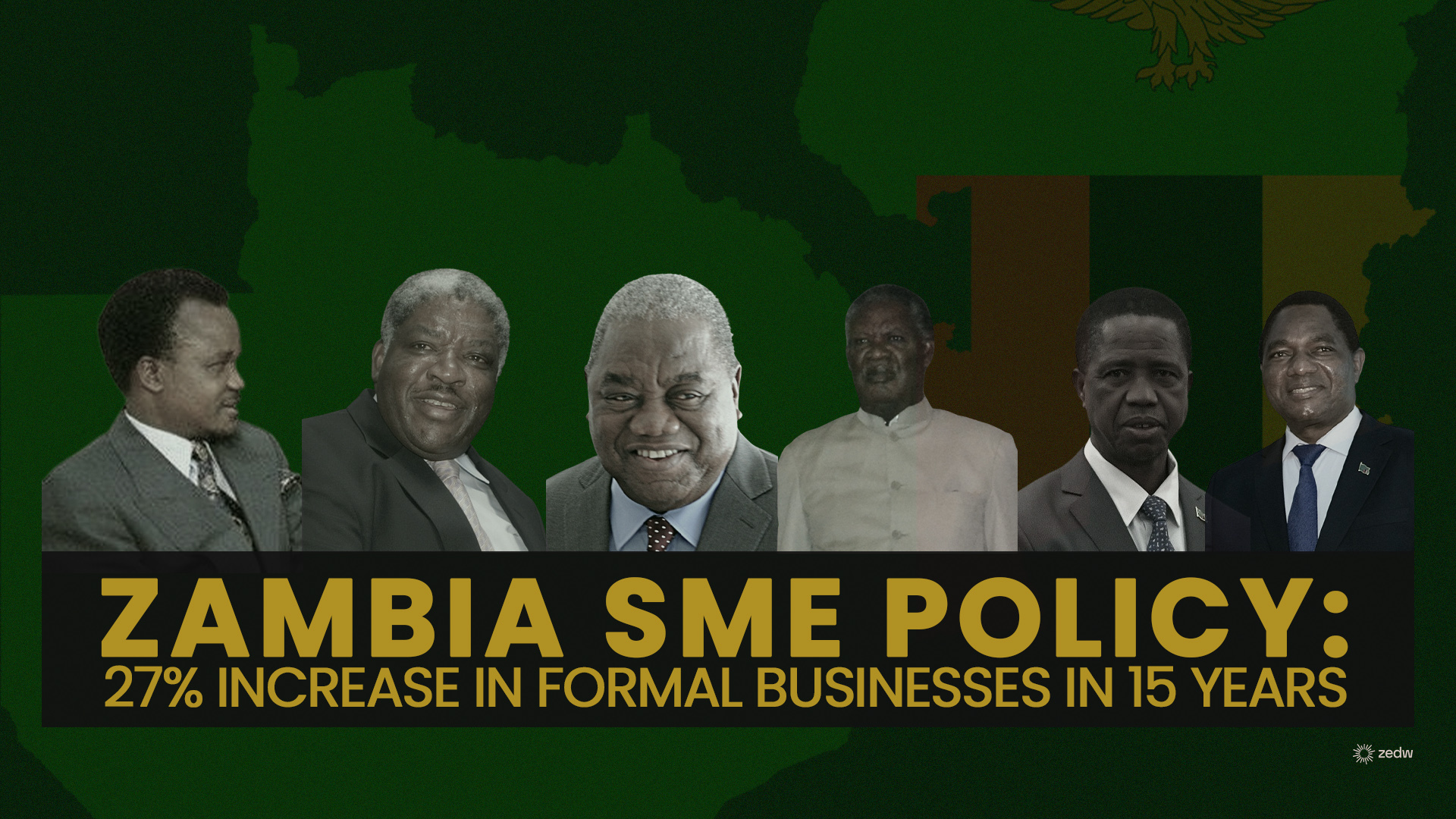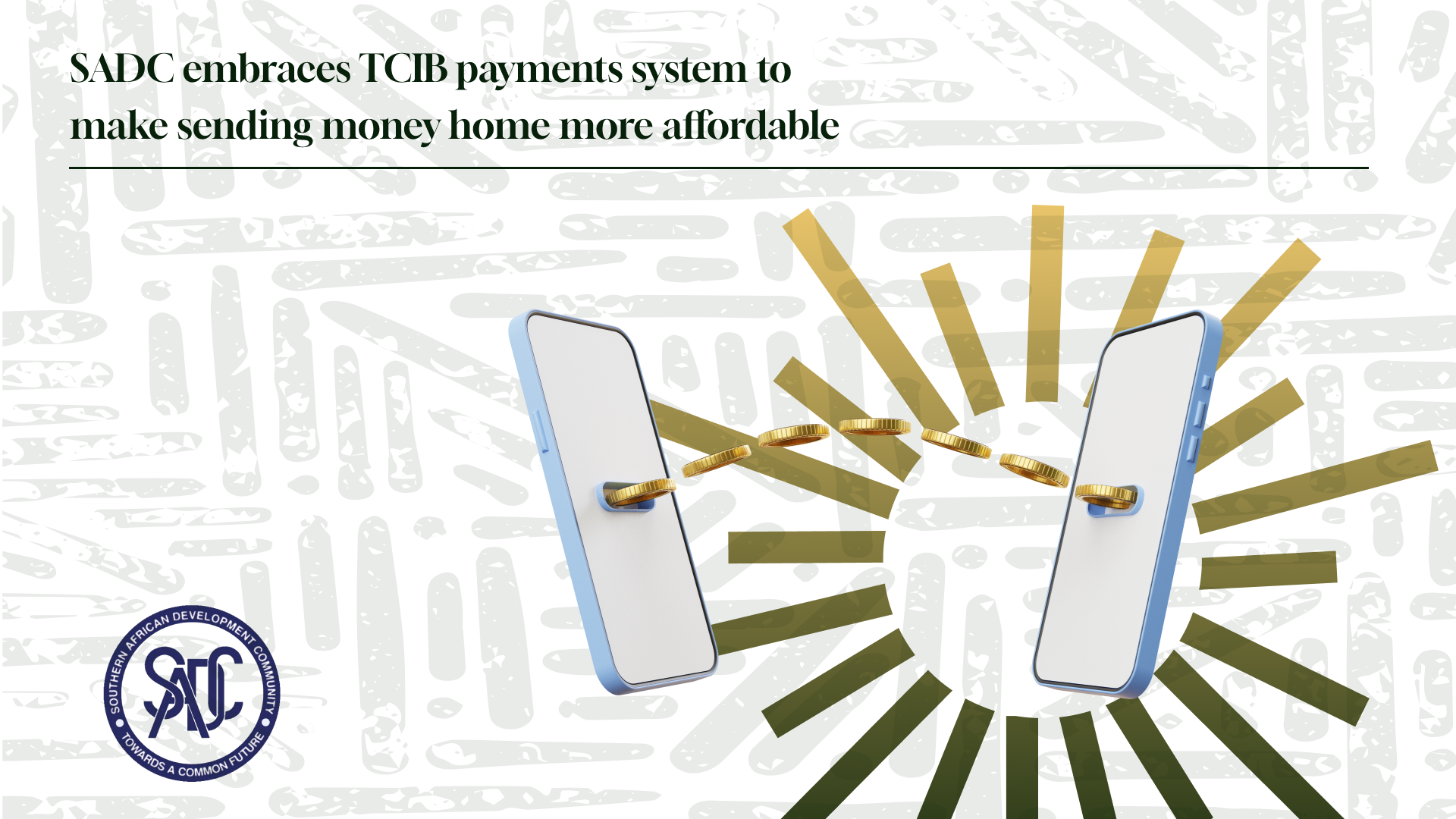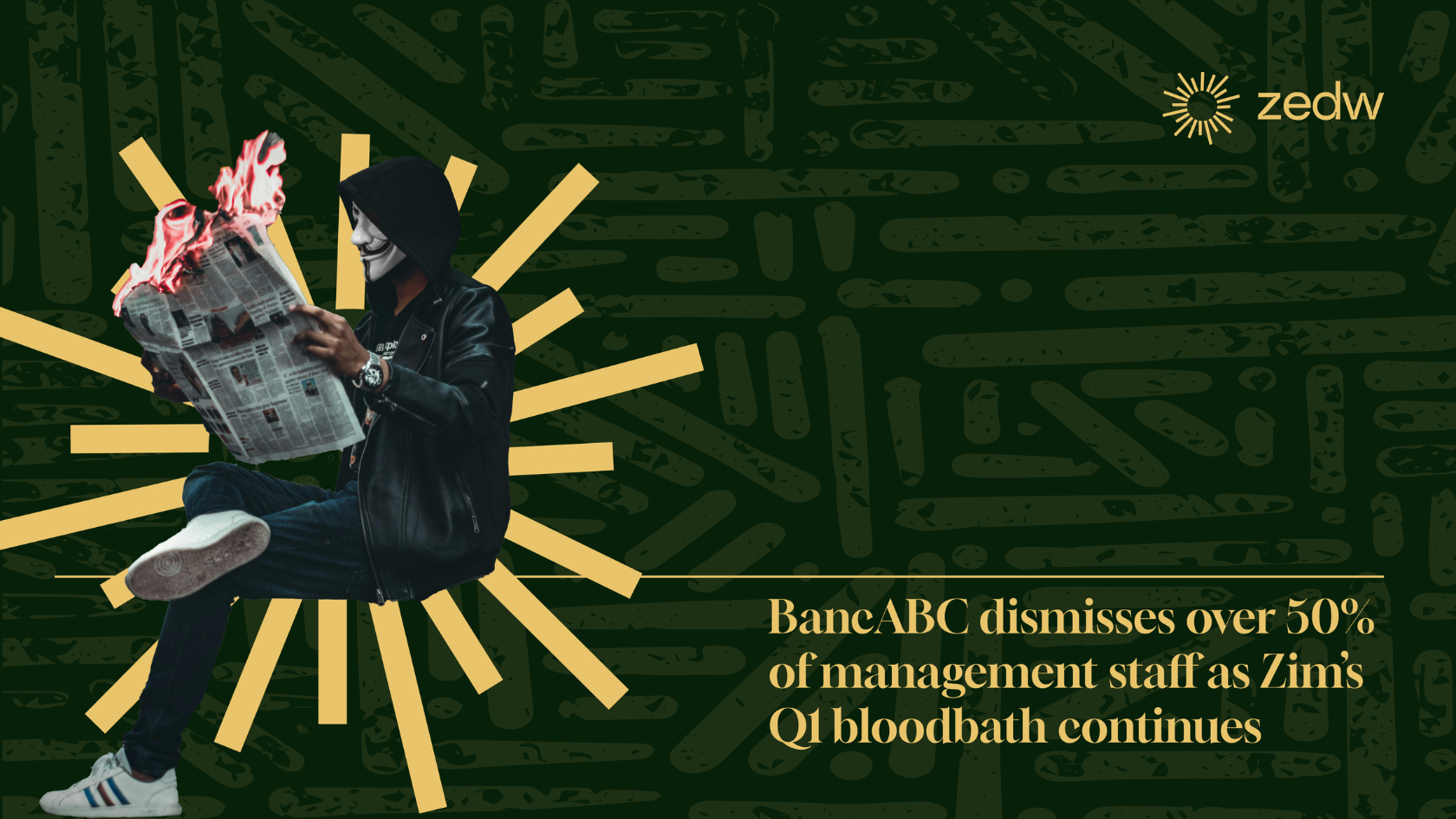The Pan African Payments and Settlement System (PAPPS) is something that has been making the rounds for the longest time and rightly so because, if it works, it will change the way the continent transacts. What I mean by this is that the customer base of the “local” startup will now have continent-wide reach (hypothetically).
So if you were building your product to work with only your local market in mind, you might have to rethink your strategy. But on the other hand, and in the same breath, it might be something that you might not have to worry about for some time but I’ll explain more about this in a little bit.
We first need to start by understanding what the Pan African Payments and Settlement System is.
Money across the content, and sometimes even instantly!
Imagine having an e-commerce startup in Zambia, for example, and you are able to receive payments from customers in The Ivory Coast. Sounds like wishful thinking right? Because the payments integrations that would be needed to make that feat happen right now will have any dev or CEO huddled up in a corner begging for it all to end.
Essentially this is what PAPPS is intending to do:

Aside from the logistics of actually moving products across borders, this is an absolutely amazing concept. Moreover, currency conversions will be done automatically, which is a godsend for some and a problem for others but let’s get through all the good bits before we get to the problems.
If it works as the diagram says it does, then that means we can effectively ditch the SWIFT system to send money across borders. In saying that, it also means that remittance companies might have to rethink their model because essentially you and I can send money to each other to each other’s bank accounts and even mobile money.
The cash cow that is the SA to Zim remittance corridor
On top of all this, all the legal and sanctions checks are done in 120 seconds in the instant Payments version of PAPSS. That’s a dizzying speed for anything happening on the African continent and must have taken some serious consideration and development for all those factors to be processed in about 2 minutes. There is, however, a caveat, which is that the account or wallet needs to be refunded in order to complete the transaction. All of this is to ensure that there is money in the opposing account to complete the transaction.
Central banks have to play nice for all this to happen.
As I am sure you have already guessed, this is not happening without your local central bank getting its cut.
“African Unite” are the immortal words of Bob Marley, or many other Pan-Africanists who made the same sentiment or uttered those exact words.
This brings about a problem, what incentive do “more developed countries” have in playing ball across other regions? Under the Africa Continental Free Trade Area (AfCFTA) countries classified as Least Developed, who have a longer time to adopt instruments like PAPPS, bring considerable delays for those who have they bleep together.
Additionally, Africa doesn’t have a common money market like the European Union. So, that conversation is going to be harder to have with economic blocks who stand to lose more than gain by the prospect of PAPPS.
That being said, it also means that the National Payment Switches, have to also be on song and build comprehensive rails to facilitate cross-border instant payments.
What does this actually mean for startups and SMEs?
All these things are great and all (warts and all). However, for startups, there are some key issues with the Pan African Payments and Settlement System and they are:
- The number of unbanked Africans
- Interoperability of local payments platforms
- Exchange rate losses (in local currency terms)
- Availability for APIs
The first number is probably the biggest because to have a common transacting platform continent-wide, people need financial instruments to be able to enjoy all the benefits. However, in Africa, there are, according to the World Bank, 350 million unbanked in Sub-Saharan Africa.
Even in a country as developed as South Africa, there are estimates that there could be as many as 11 million people who are unbanked. This means that there needs to be a concerted effort to drive financial inclusion across the continent to see this benefitting startups on the whole.
More than that, there needs to be a revolution in how identity documents are issued to make it so that they are more easily accessible to more Africans. As things stand right now there are approximately 500 million people on the continent without any legal documents. And this deficiency precludes them from participating in the financial sphere beyond cash.
Interoperability of local payments facilities.
There aren’t that many countries on the continent with payments interoperability, which essentially means that mobile money platforms and banks can transact with each other on a national scale without some workaround or third-party go-between.
This would mean that there is some work to do locally before we can aspire to do that across the entire continent. At the moment, countries like Zimbabwe, have varying rates for moving money across platforms, particularly with mobile money operators who would prefer the money stay within their product ecosystem (if you know you know).
Exchange rate losses
The issue of exchange rate losses might be something unheard of in other parts of the continent. But if we use the proverbial edge case, Zimbabwe, this is actually a problem. There are so many varying exchange rates to the United States Dollar that getting money through the central bank rate, which is miles behind the parallel market rate, is a serious value preservation concern, considering that PAPPS works predominantly through Central banks and the rates they prescribe.
This is also glossing over the fact that some countries might not recognise another country’s currency and it could all just devolve into bickering.
Availability of APIs
In some markets, APIs aren’t that hard to get but if we use Zimbabwe again as an example the case is dire. As far as anyone is aware, there is no ZIPIT (EFT for those in other territories) API available for anyone who isn’t a bank. Nor do local currency cards work out of the box for online transactions.
More annoying is that there are mobile money APIs available, however, getting them is easier said than done. If the Pan African Payments and Settlement System is to work for startups and SMEs, the API problem needs to be considered carefully.
Above all of that, the gatekeeping needs to end for a truly competitive African business landscape to come to fruition.
What can Startups actually do right now?
It might sound like I’ve just poured a bucket of water over the embers of PAPPS but it’s not all doom and gloom. The one thing that startups and SMEs can start doing now is keeping an eye out for any new direction that PAPPS takes. This could help in understanding whether this is something work baking into whatever business model is being pursued.

